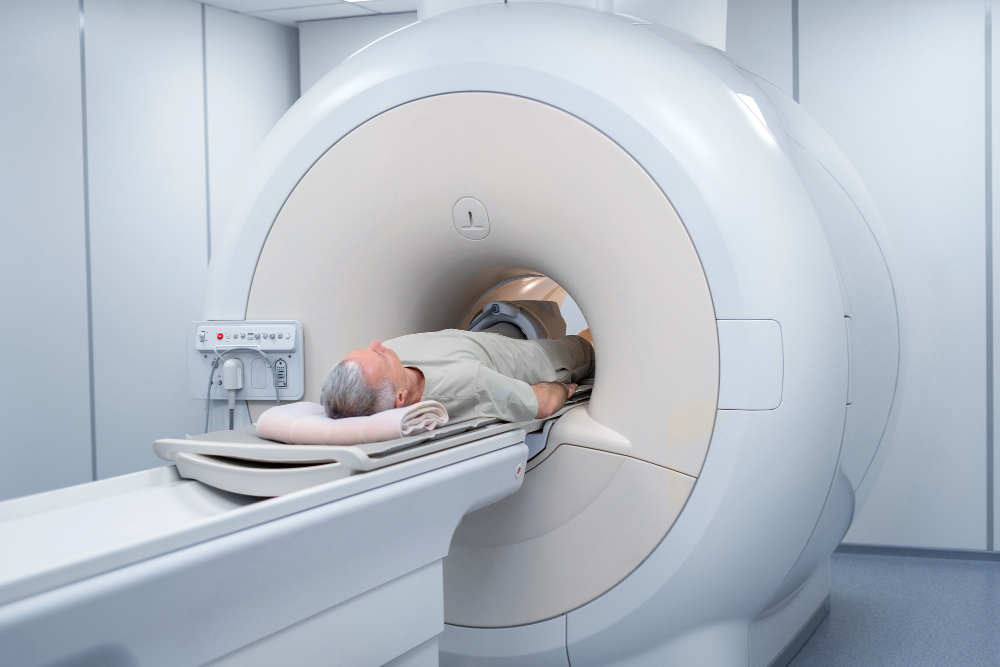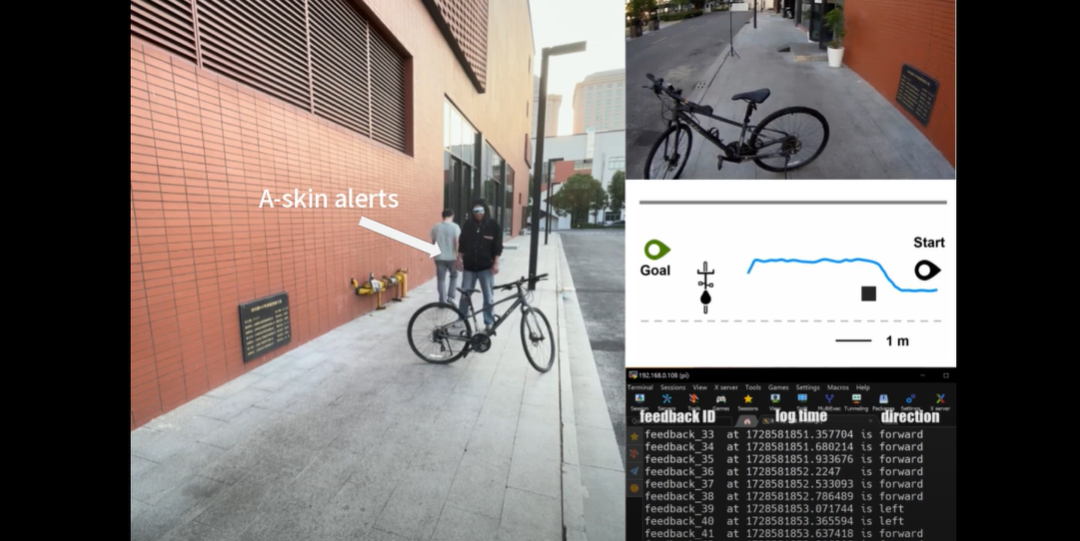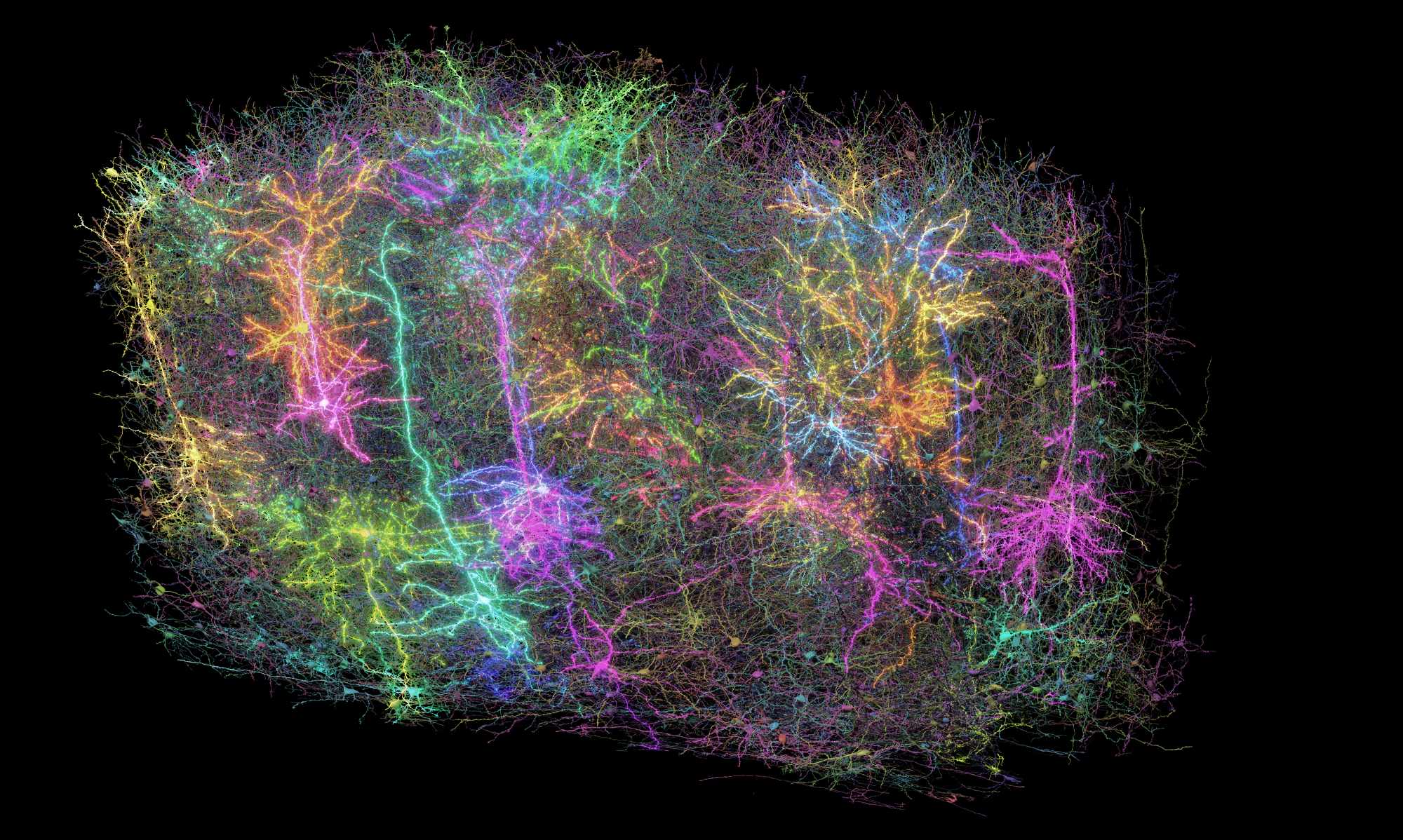Study estimates risk of future cancers as a result of CT scans in the US
A model designed by a team of US researchers estimates that around 93 million computed tomography (CT) scans will be performed in the United States in 2023. The research, published in JAMA Internal Medicine, estimates that radiation from these scans could lead to 103,000 future cancers. If the same trend continues, cancers associated with these scans would account for 5% of all new cancer diagnoses per year in the US.









